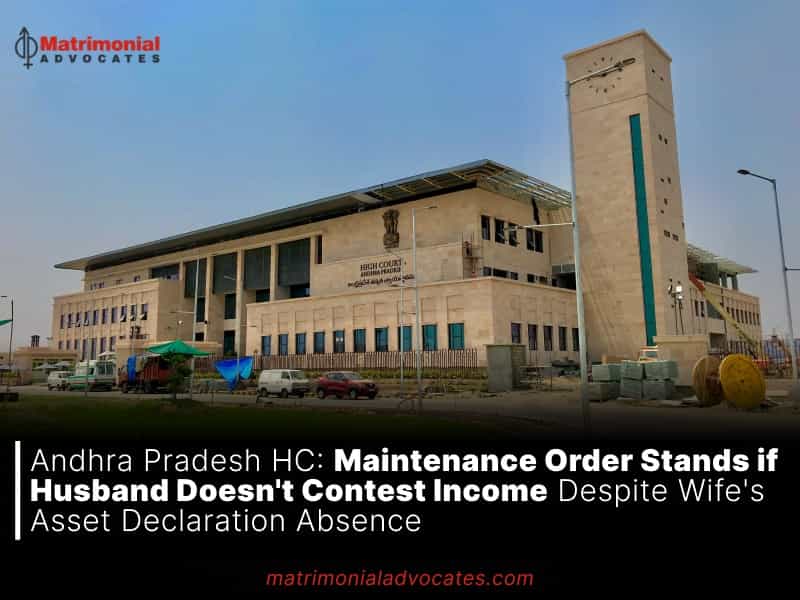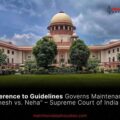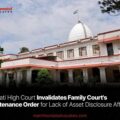
“The petitioner submitted that the Trial Court erred in allowing the petition even without filing the statement of assets and liabilities and the respondent herself deserted the petitioner and yet, sought maintenance, therefore, she is not entitled to claim any interim maintenance.”
In a recent adjudication, the Andhra Pradesh High Court has affirmed the enforceability of a maintenance decree, notwithstanding the wife’s omission to disclose her financial assets and liabilities. This judicial determination arose from a revision petition filed under Article 227 of the Constitution, contesting a prior order issued on October 17th, 2023.
Presiding Justice B.S. Bhanumathi underscored that the husband’s failure to contest the interim order during the Trial Court proceedings, predicated on the wife’s non-disclosure of financial details, precluded his subsequent assertion of its invalidity.
Additionally, the Court emphasized that the husband’s failure to expressly contest his income in his counter-statements lent weight to the Trial Court’s evaluation of his financial capacity for maintenance computation.
The genesis of the case stems from matrimonial discord between the petitioner-husband and respondent-wife, marked by allegations of dowry harassment and neglect of their child’s medical expenses. Despite these contentious issues, the Trial Court ruled in favor of granting interim maintenance to the wife.
In its legal analysis, the High Court found the husband’s allegation of spousal desertion lacking in substantive evidence to sustain the claim.
Consequently, the High Court dismissed the husband’s revision petition, thereby reaffirming the Trial Court’s maintenance decree and emphasizing the necessity of prompt objections and explicit rebuttals in legal proceedings.





